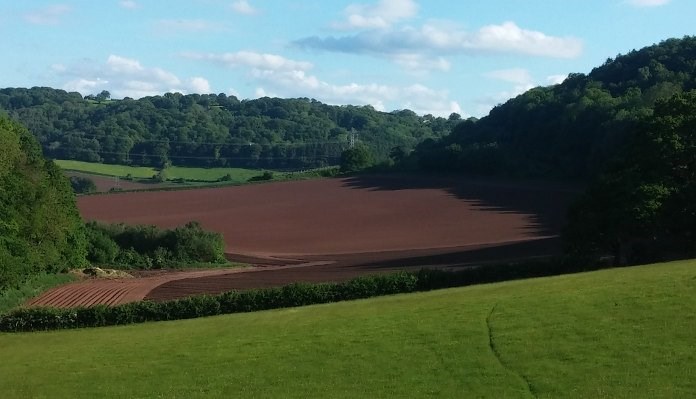It’s been a couple of years now since the Parliamentary Commissioner for the Environment, Dr Jan Wright, wrote her paper describing the fresh water nutrient challenges faced by in New Zealand (and it’s update). If you’re based in New Zealand and have not yet read it, I encourage you to do so – it is a clear and coherent explanation of some key issues and it makes the scientific principles and issues clear for non-scientists.
Producing and exporting food over huge distance from international markets requires that our production systems be extremely efficient – something that New Zealand farmers have done well for several generations now. Efficiency is about making the best use of our resources and maximising our productivity from those resources – be it labour or our natural environment.
Many New Zealand farming systems are pastoral or grass-based, so productivity is all about the efficiency with which we grow grass or other feeds, and the effectiveness with which it is turned into valuable food and fibre products. One of the key considerations in that context is the raw inputs that plants need to grow. Obviously this includes water, air and sunlight, but also the macro- and micro-nutrients that plants need.
One of Rezare Systems’ core capabilities is the ability to take science-based mathematical models and build them into practical tools that can be used by farmers, rural companies, and advisors. One tool that we’re pleased to be associated with is OVERSEER®, a tool jointly-owned by AgResearch, the Fertiliser Association, and the Ministry for Primary Industries.
Originally designed to report on nutrient losses in agriculture to the OECD, OVERSEER calculates nutrient inputs, transfers, and outputs from individual farms based on farm-specific information. The key output is a nutrient budget, which helps farmers and their advisors to examine options to optimise production and minimise losses of nutrients to the environment.
One of the uses of OVERSEER is in water-quality management, where it allows New Zealand to apply an “effects-based” approach to managing losses of nutrients from farms. Rather than capping inputs or prescribing a specific-farming style, farmers and advisors can assess the effectiveness of a range of approaches to reducing nutrient losses and of course, improving productivity.
A new version of OVERSEER was released recently. It’s the culmination of a substantial amount of work by Irrigation NZ, AgResearch, Overseer Management Services, and our team here at Rezare Systems. The new version allows the OVERSEER model to consider irrigation management options that match available equipment, and which employ terms and inputs used by other irrigation calculation tools. Farmers using or considering irrigation systems will want to ensure their advisors are making use of the new version to support planning decisions.

